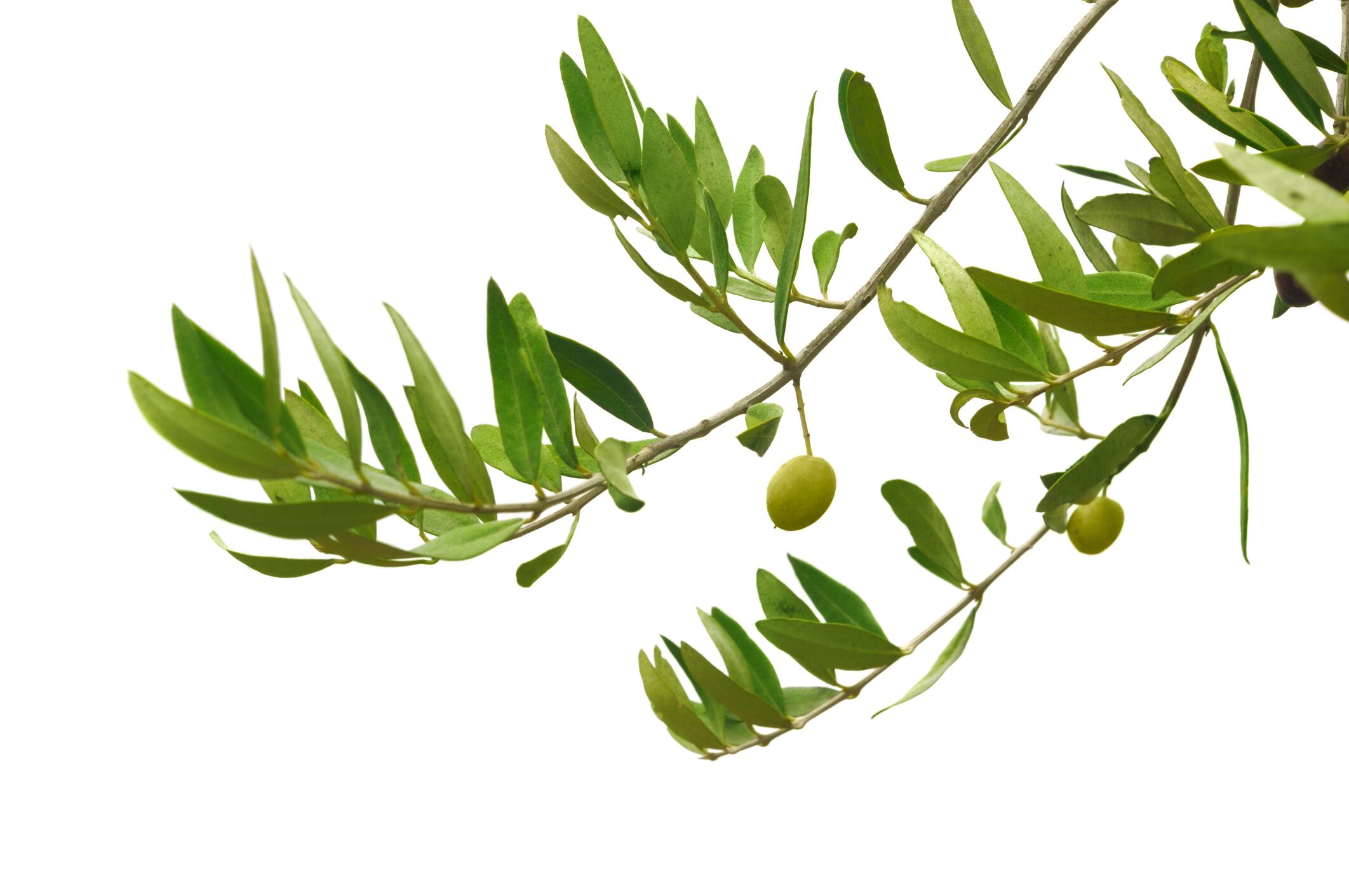French natural cosmetic ingredients manufacturer SOPHIM has just completed a €20m funding round to boost its development and a key investor since 2014, Smalt Capital, invested €4.5m.
The company creates green and sustainable cosmetics ingredients. One of its flagship products, Photosqualane, is a squalane from 100% vegetable origin that’s made using fatty acids from locally sourced olives.
Doubling production capacity
Company President, Jacques Margnat, said the business is now targeting the milestone of becoming a ‘mid-cap’ company.
He said the funds will be used to double the company’s production capabilities at its two industrial sites – in Peyruis, France and Almeria, Spain – and to accelerate its international development.
“In France, the recent infusion of funds represents a strategic reinvestment in our Peyruis facility over the past four years,” he shared.
“This financial commitment has enabled us to enhance our production capabilities significantly and further advance the proprietary processes for which we secured a patent back in 2010.”
The factory in Spain specialises in squalene concentration and its by-products have found a valuable market as second-generation biodiesel.
Margnat said with the additional capital the company can double its production capacity and unlock new opportunities.
“Furthermore, these investments will facilitate the utilisation of raw materials sourced from various vegetable oils, including sunflower,” he shared.
Diversifying raw material sources
While the company’s goal of achieving a twofold increase may sound ambitious, Margnat said it has experienced a remarkable trajectory in recent years and that Phytosqualan is in demand.
“Since 2019, our Phytosqualan has surged by over 50%,” he shared. “The demand for natural origin ingredients in cosmetics is booming, and the price is competitive. Our product is COSMOS-approved. It is difficult to find a raw material, an ingredient and a process more eco-friendly. SOPHIM offers, throughout Phytosqualan’s production, a model of circular economy.”
When discussing the sustainable squalane market, he believed that true sustainability is synonymous with vegetable-derived squalane, in contrast to alternative sources such as shark-derived or bio-synthetic squalene.
He said that the company took great pride in revalorising 95% of its byproducts and it minimised waste through recycling or by selling it to other businesses.
“As part of our ongoing investments in our industrial sites, we are committed to bringing previously unused olive raw materials back into circulation,” he explained. “Furthermore, these investments will diversify our raw material sources, including those from other vegetable oils, ensuring a secure supply chain.”
SOPHIM’s clients span the globe, but Margnat explained that around 28% of its business is based in France. Meanwhile, Europe as a whole accounts for 35% and the rest of the world contributes 37%.
He believed that there are now opportunities for significant growth potential for Phytosqualan internationally. “Japan stands out as a particularly promising frontier, where shark-derived squalane still maintains a presence,” he shared. “And in the United States, where biosynthetic squalane enjoys considerable popularity.”




